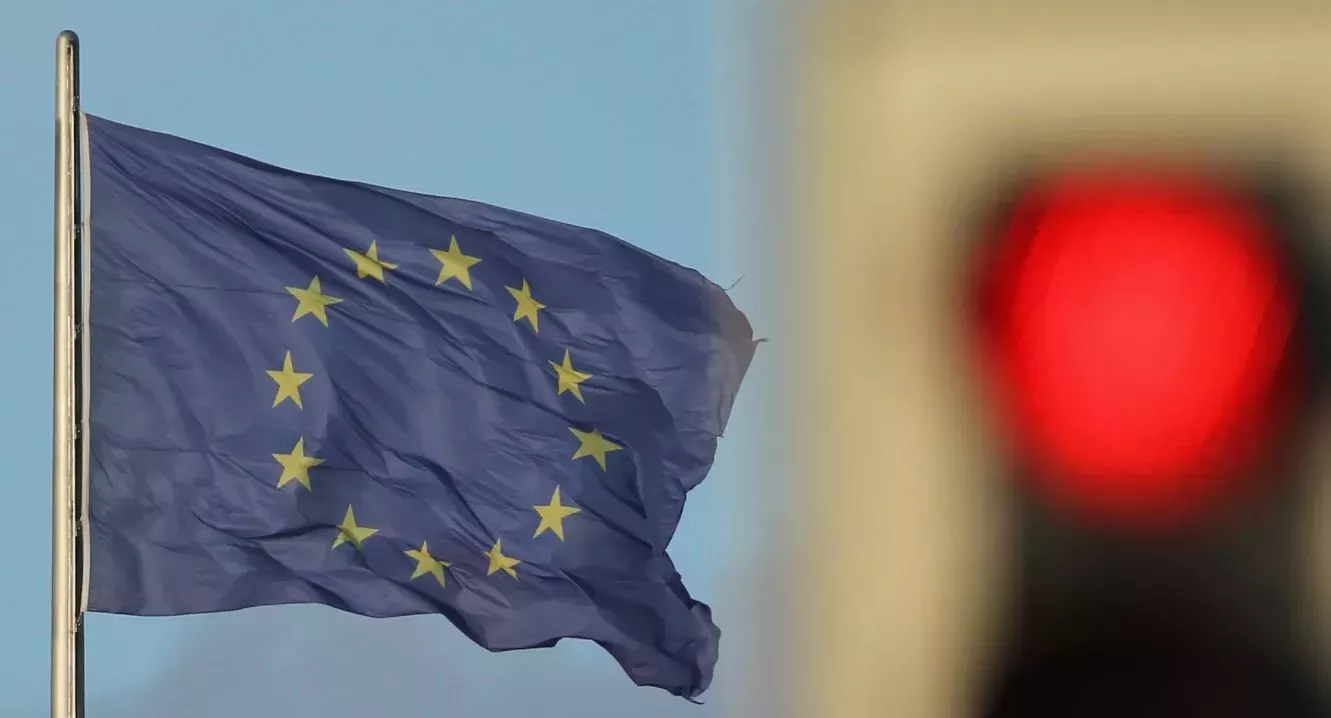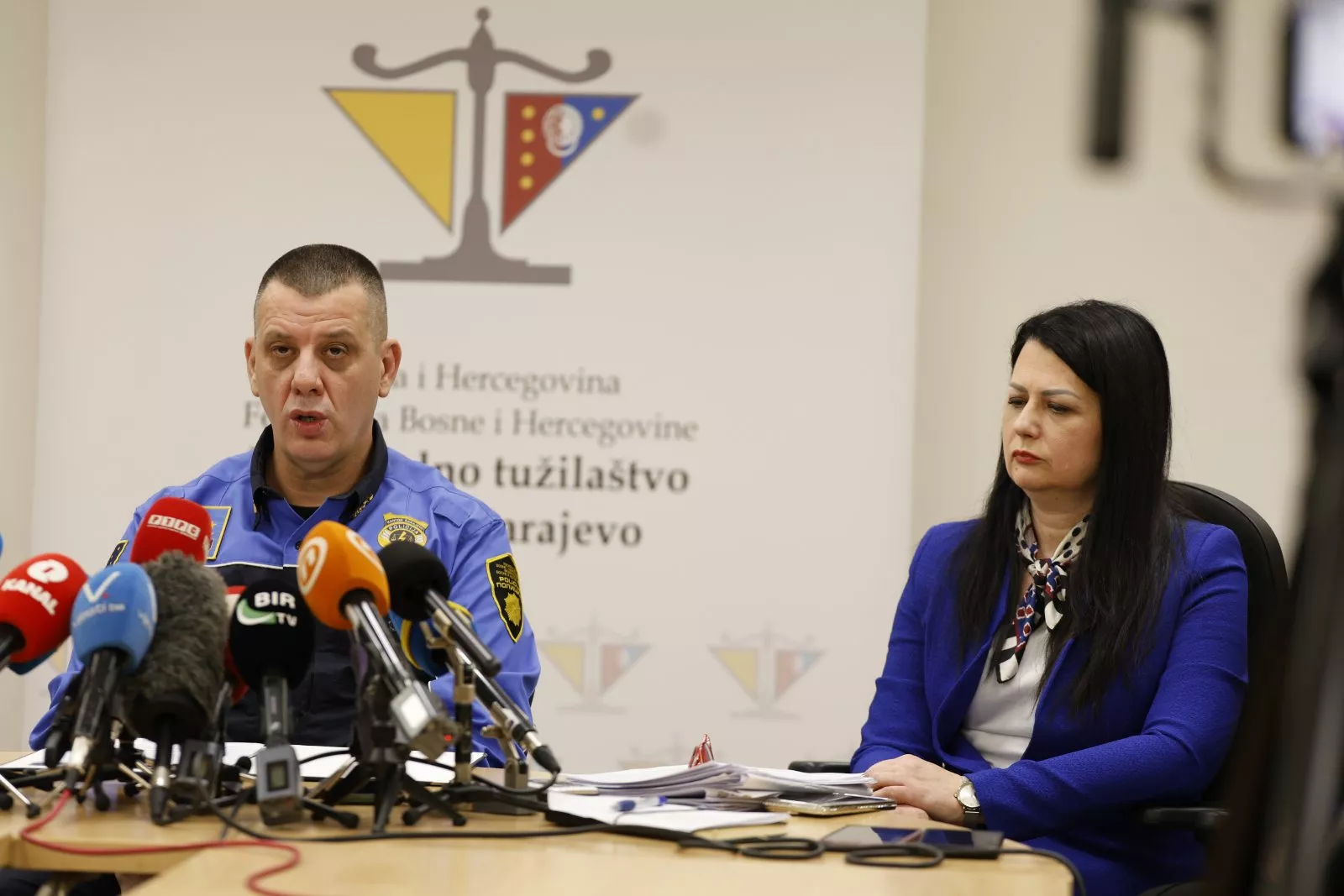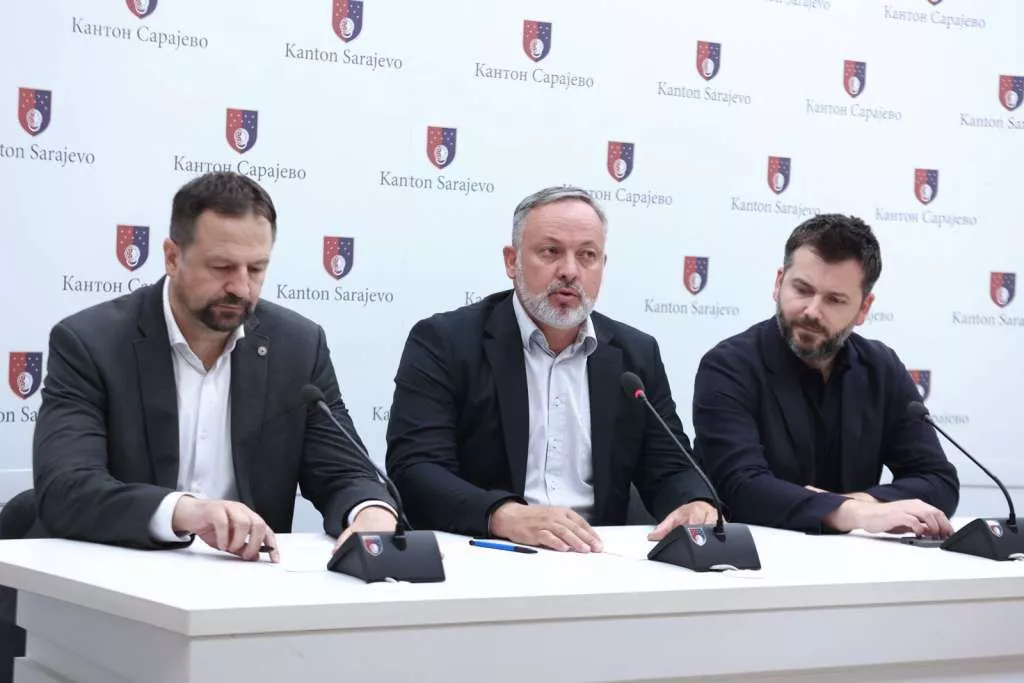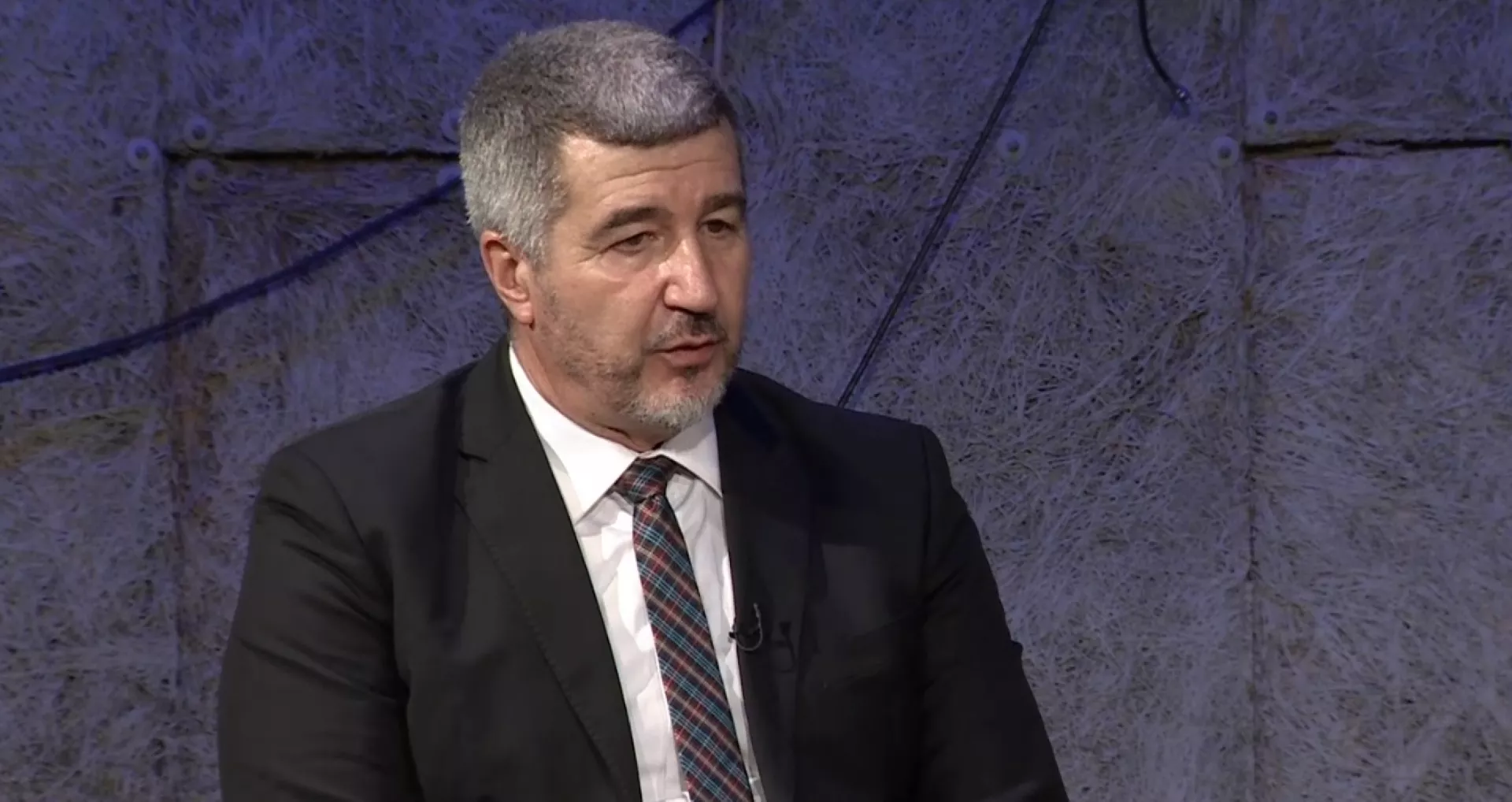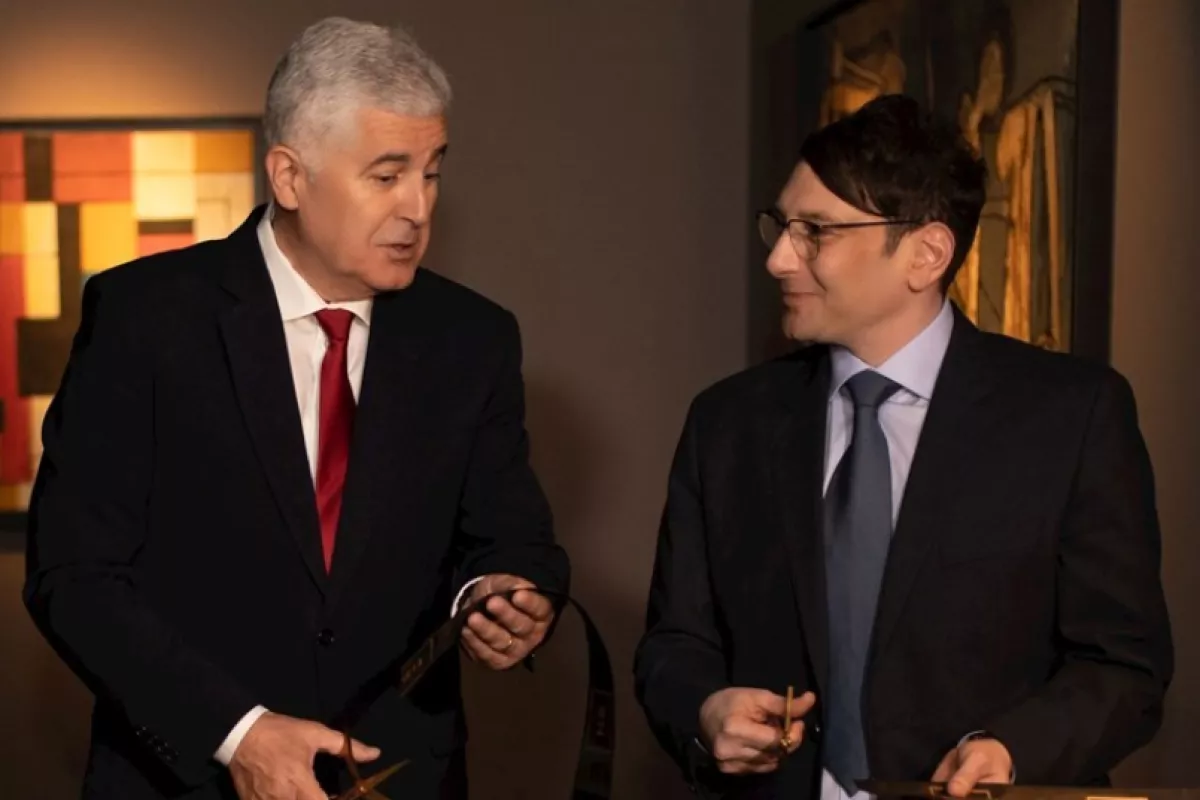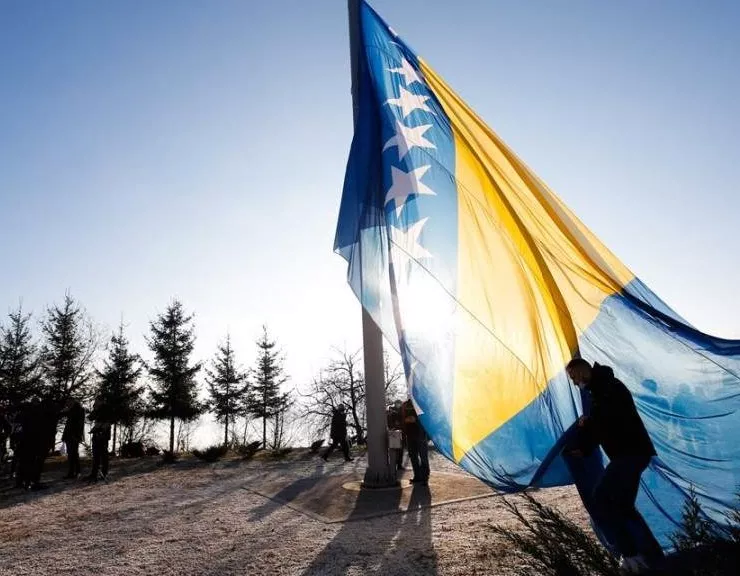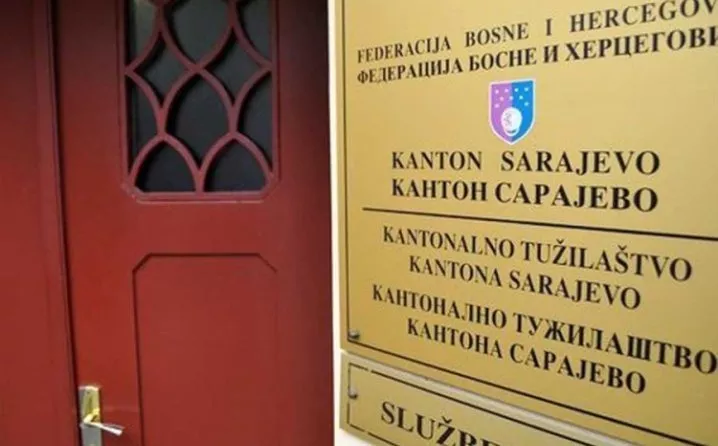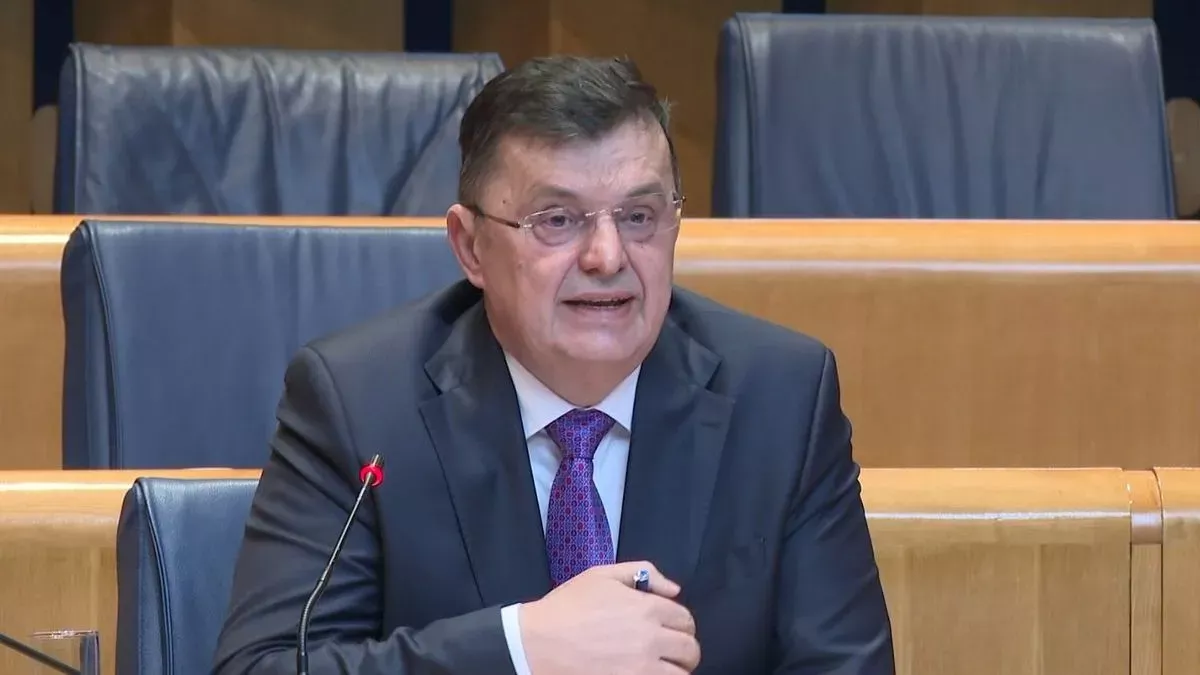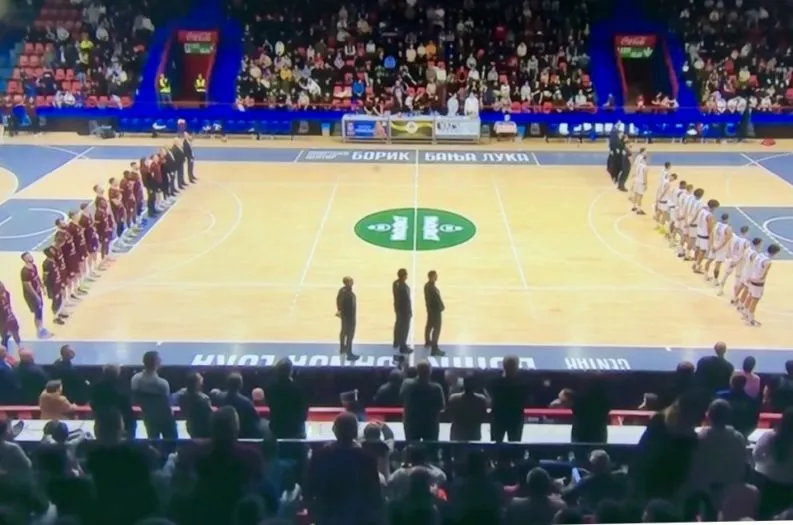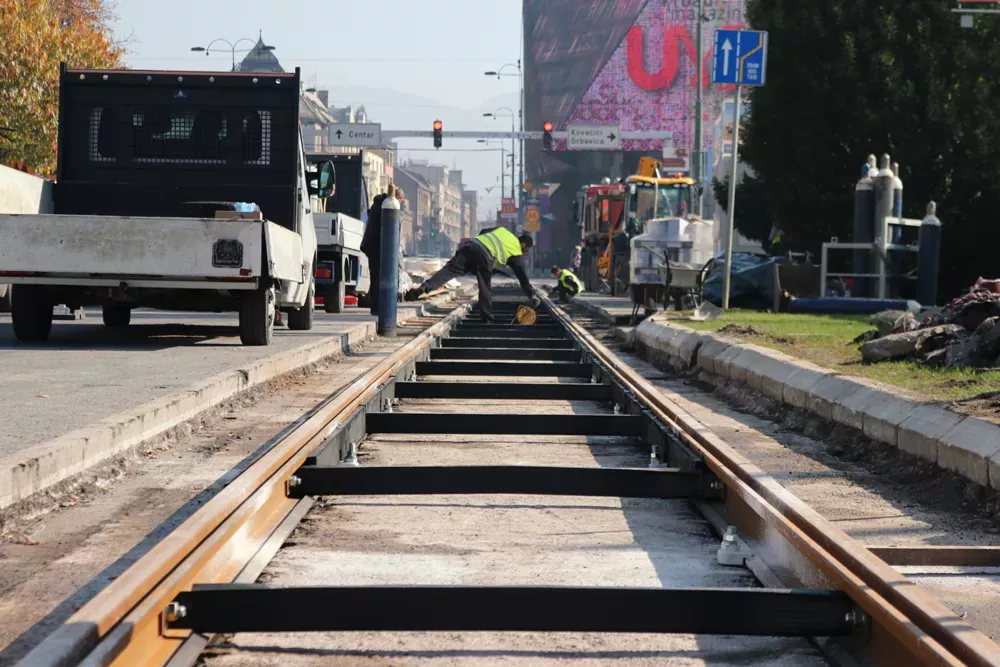
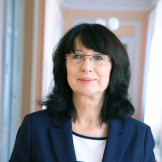

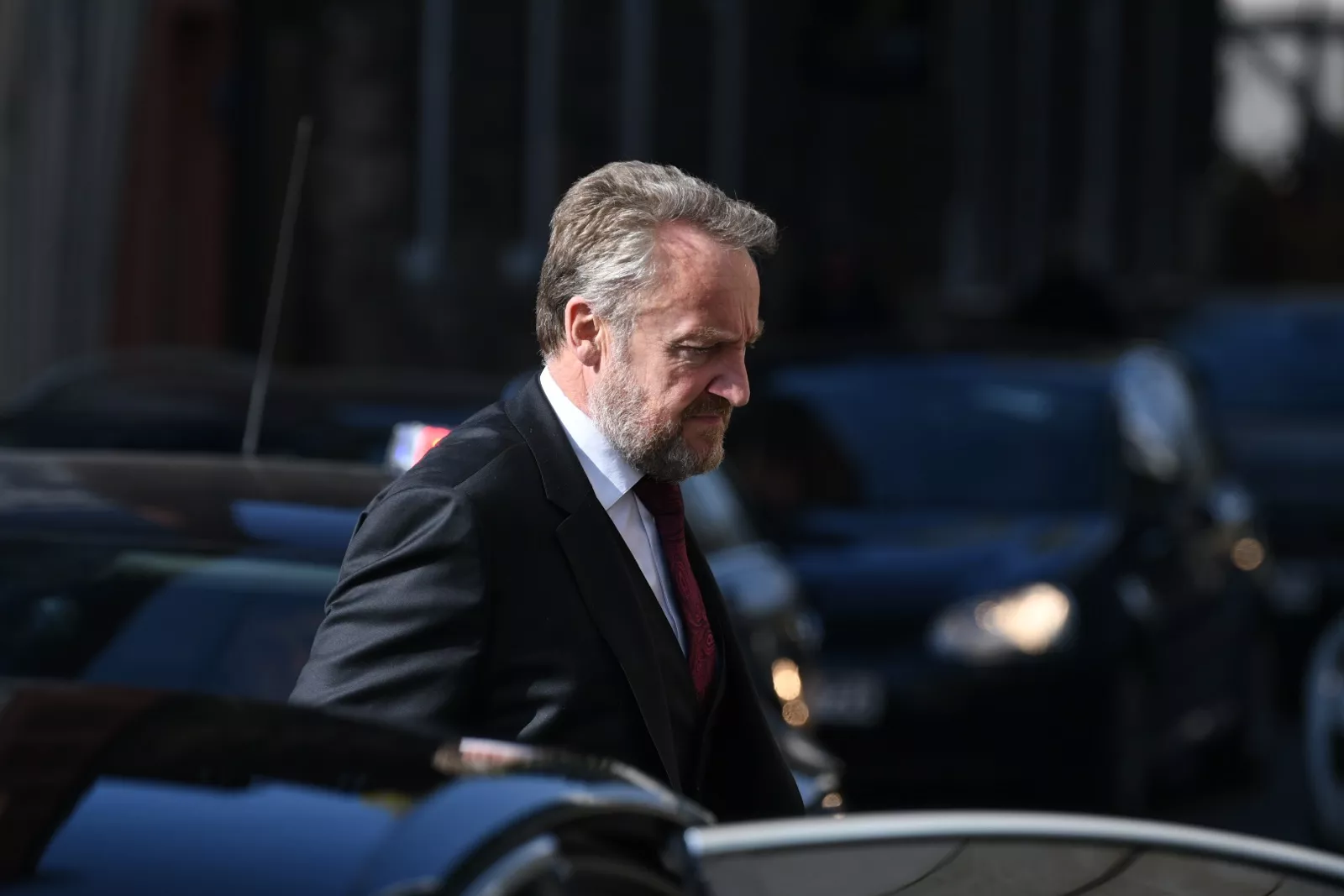
Amina Čorbo Zećo
After the meeting of Bakir Izetbegović and Andrej Plenković in Dubrovnik, the story of the 'much-needed' warming of relations between Croats and Bosniaks (!?) won’t stop.
The meeting can serve as a proof that Izetbegović does not have a clearly developed strategy for solving the situation in Bosnia and Herzegovina. The previously mentioned relations became cold solely because of Dragan Čović's insatiable desire to rule for life, all under the guise of legitimacy and constitutionality. For the sake of his own ambitions in Brussels, Plenković is trying to 'persuade' Čović to give up his partnership with Milorad Dodik, but Izetbegović should certainly be able to differ the 'hand of salvation' from that of a traitor! Where is the state here, nobody knows!
Obviously, due to the lack of a plan and strategy that could help cure the system in BiH, Izetbegović is knocking on the door of those who used hybrid war methods that lead to the collapse and breakdown of the system within BiH! Another mistake is that he does it all by himself!
Izetbegović should not devalue state institutions and reduce them to an instrument for paying expensive VIP airport lounges. As a proclaimed supporter of pro-Bosnian unity, he should have gone to Plenković at least with the member of the BiH Presidency, Šefik Džaferović, or the Minister of Foreign Affairs, Bisera Turković. And just how patriotic it would have sounded had he asked Plenković to let him bring along the chairman of the BiH Presidency, Željko Komšić.
Because, even Čovic's troopers (read Čović himself) do not like the new ‘hugging’ game, as evidenced in the words of journalist Branimir Galić, who said that he could talk about possible cooperation only when Izetbegović gives up imposing Komšić.
‘The story of the renewal of the alliance has no logic until Bakir Izetbegović renounces his ‘coalition’ partner Željko Komšić ad hominem and says that he is the very embodiment of all the bad things that have happened in the last 15 years in the Federation of BiH. Namely, Croats did not disenfranchise Bosniaks, it was quite the opposite, Galić said.
And instead of going to Germany, Great Britain, the Netherlands, Denmark… to explain there that Komšić is not a problem, but Čović's fascist demands in terms of introducing apartheid through the Election Law, and that he abuses House of Peoples for the issues that are not of the vital but of financial importance (the issue of betting shops), Izetbegović opens a Pandora's box behind closed doors with Plenković.
Academician Esad Duraković has best explained Izetbegović’s politics.
‘In recent years, his politics has become a national disaster. The evidence speaks for itself. Bosniaks as the majority people here are almost discriminated. It's all in line with one his post-election statements – it is more important to win the municipality of Center (Sarajevo) than ten other cities. I think it is a very bad policy that he is pursuing, and he has shown that by his willingness to go and meet Vučić on his turf.
I think he could also agree to the division of BiH and that is what I am afraid of. Because he is constantly negotiating with Čović, alone. There is no legitimacy for that. I think he showed that in the case of Mostar’, Duraković said.
Having made a few good moves in relation to the latest failed negotiations on the Election Law, when Izetbegović stood firm, he quickly resumed to the initial settings and persistently confirms the image of BiH that some would like the world to see, that we are three warring tribes and are represented by three chiefs.
Now that Vučić the peacemaker has spoken about returning to the institutions, I would not be surprised if Izetbegović traveled to Belgrade to meet with the President of Serbia.
Although not so long ago Izetbegović said that the SDA should transform from a national to a multiethnic party, and that BiH was a unitary state and conceived on a civic basis until '95, and that he thinks that this framework is something that preserves the spirit of BiH, protects and enables the survival and development of a multiethnic community, he does everything the opposite.
And he himself said - without that system, we are slowly losing our spirit, and that - that is a threat to BiH itself!
That is why the address for talks should not be Croatia and Serbia, but friendly Western countries that are ready to help. And in order for them to help us, someone has to explain the situation to them!
